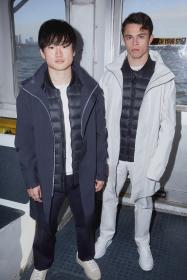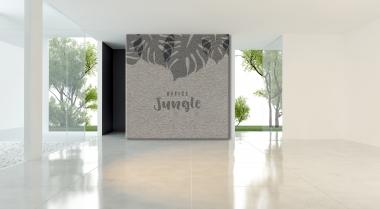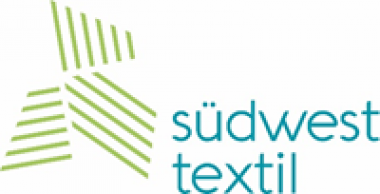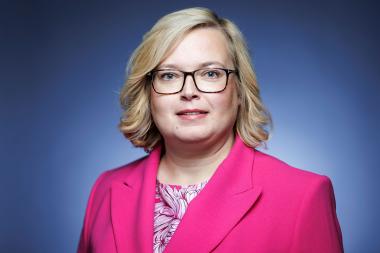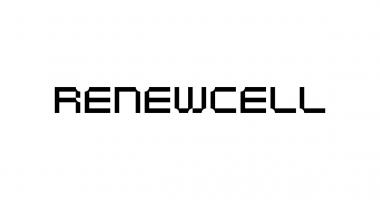Modische Raubzüge – Von Luxus, Lust und Leid. 1800 bis heute
- Sonderausstellung im LVR-Industriemuseum Tuchfabrik Müller
Geschmeidige Felle, exotische Federn, schillernde Perlen – die Pracht und Schönheit der Tierwelt hat Menschen seit jeher fasziniert und Sehnsüchte geweckt. Je seltener ein Pelz oder eine Perle, umso mehr wurden sie begehrt, um sich selbst damit zu schmücken. Dafür wurden Tiere in aller Welt gejagt, getötet und sogar ausgerottet. Ihre Häute, Panzer oder Zähne wurden zu lukrativer Handelsware für Kleidung und Mode. Sie erfüllten Frauen und Männern den Wunsch nach Luxus und nach Abgrenzung, sie dienten der Erotik und versprachen einer ganzen Industrie gute Geschäfte. Die Ausstellung „Modische Raubzüge - Von Luxus, Lust und Leid. 1800 bis heute“ widmet sich vom 5. März 2023 bis zum 7. Januar 2024 in der Tuchfabrik Müller in Euskirchen diesem Thema.
Die Ausstellung beleuchtet mehr als 200 Jahre dieses besonderen Ausschnitts der Kulturgeschichte der Mode und macht die unmittelbare Konfrontation von Mensch und Tier erlebbar. Zu sehen sind auf mehr als 500 Quadratmetern über 250 Objekte aus der museumseigenen Textilsammlung und von verschiedenen Leihgeber*innen. Hinzu kommen historische Bilder und Filme. Ergänzt wird die Ausstellung durch eine Präsentation von Arbeiten des Berliner Künstlers Oliver Mark aus der Serie „Natura Morta“. Sie zeigen Fotografien von illegal gehandelten und nach Deutschland geschmuggelten Objekten. Diese Tierpräparate, aus tierischen Materialien gefertigte Kleidungsstücke sowie Accessoires, wurden vom Zoll beschlagnahmt und sind seitdem in der Asservatenkammer des Bundesamts für Naturschutz in Bonn gelagert.
„Das Verhältnis von Mensch und Tier zu untersuchen – in unserem Falle anhand von Bekleidung und Mode – das geht nur, wenn man sowohl historische Zeugnisse als auch die gegenwärtige Gesellschaft in den Blick nimmt“ erklärt Dr. Dennis Niewerth, Leiter der Tuchfabrik Müller. „Daher ist das Publikum eingeladen, in die Vergangenheit einzutauchen, die Ausstellung bietet aber auch einen Blick auf die Gegenwart und regt an, über den eigenen Kleidungskonsum nachzudenken und mit anderen Besucher*innen ins Gespräch zu kommen“ ergänzt Niewerth.
Monatlich werden öffentliche Führungen angeboten und an verschiedenen Terminen sind Interessierte zu abendlichen Rundgängen eingeladen.
LVR-Industriemuseum




